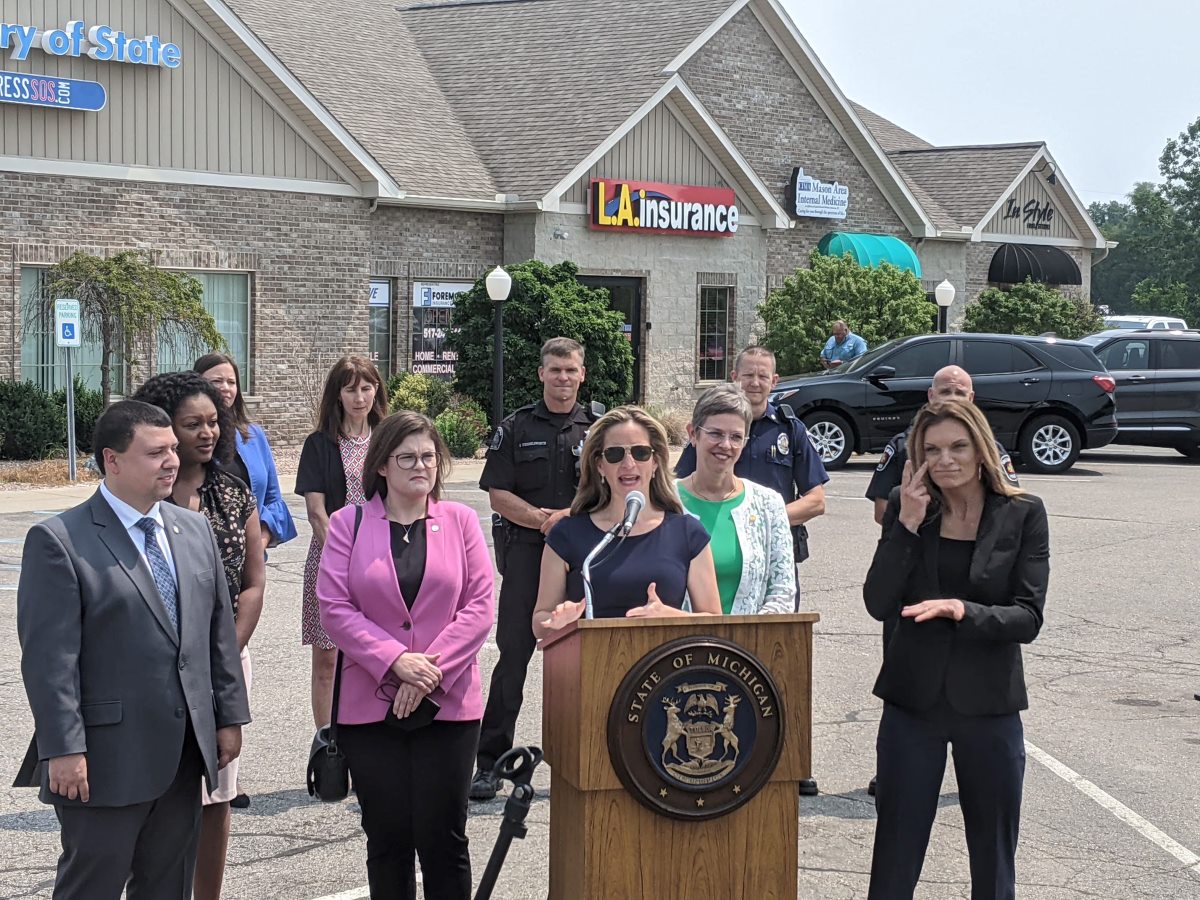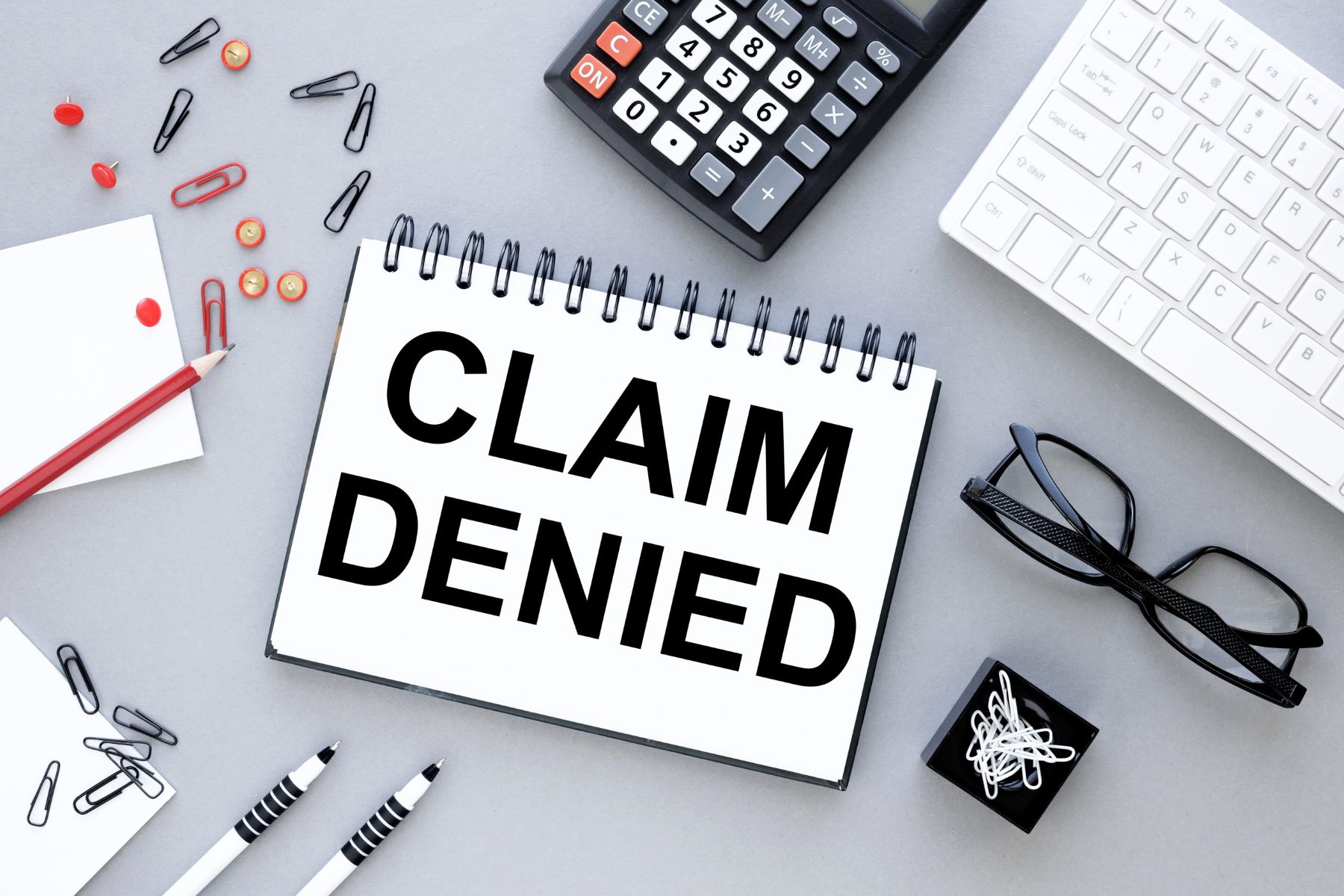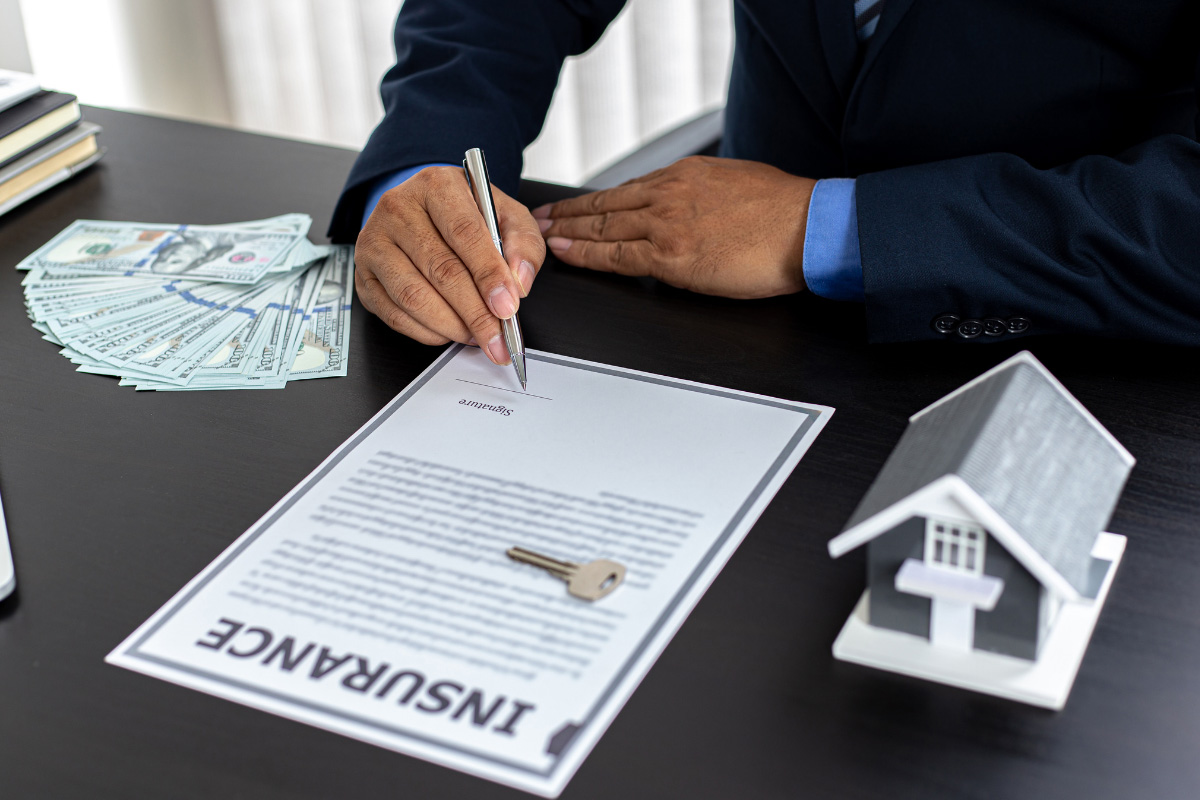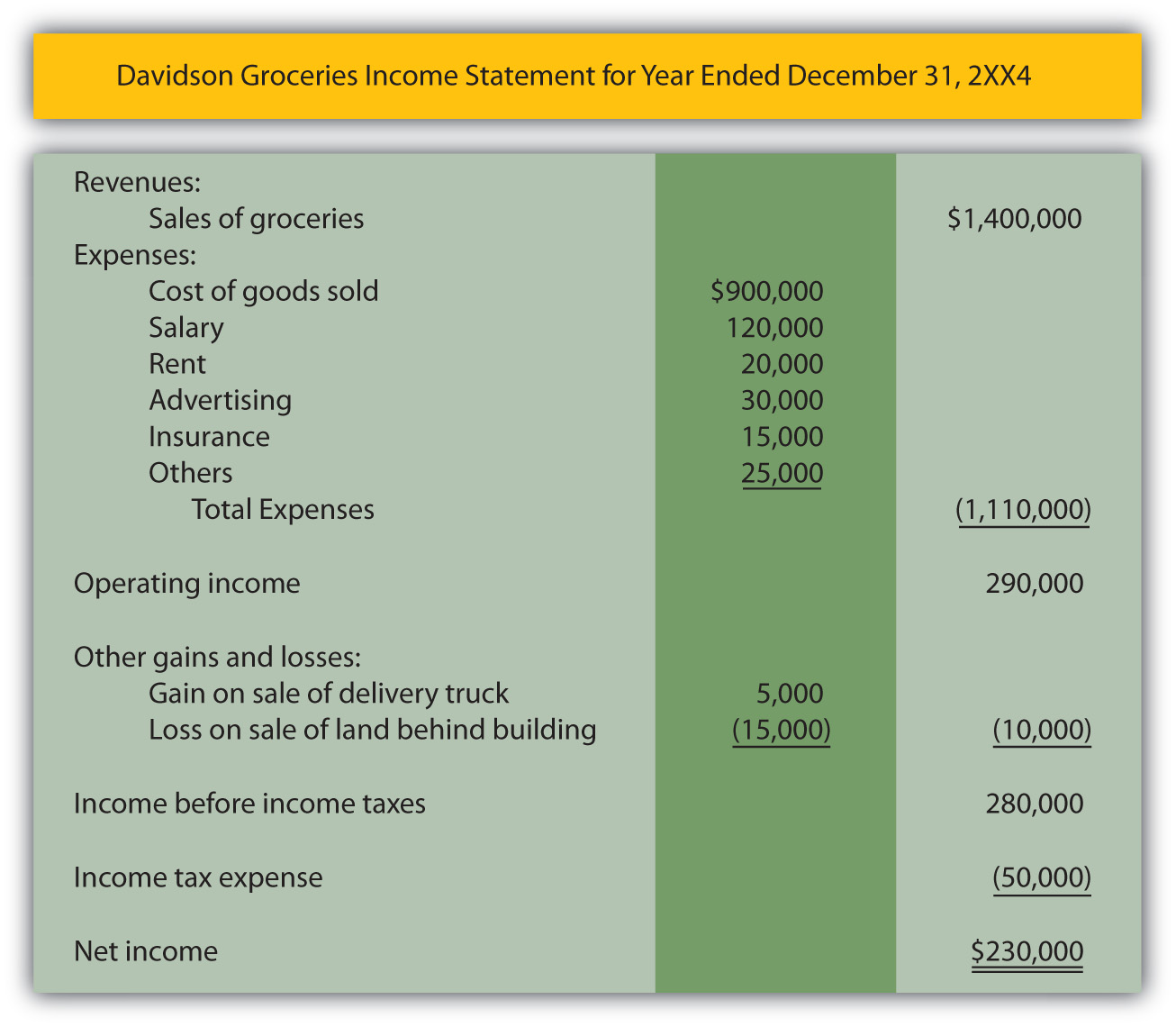

Finance
What To Say To Homeowners Insurance Adjuster
Modified: December 30, 2023
Learn how to effectively communicate with your homeowners insurance adjuster about your financial concerns and get the best possible outcome for your claim.
(Many of the links in this article redirect to a specific reviewed product. Your purchase of these products through affiliate links helps to generate commission for LiveWell, at no extra cost. Learn more)
Table of Contents
- Introduction
- Understanding the Role of a Homeowners Insurance Adjuster
- Preparing for the Conversation with the Insurance Adjuster
- Effective Communication Techniques to Use with the Insurance Adjuster
- What to Mention During the Discussion with the Insurance Adjuster
- Addressing Concerns and Asking Questions to the Insurance Adjuster
- Negotiating and Reaching a Fair Settlement with the Insurance Adjuster
- Important Tips and Considerations for Dealing with Homeowners Insurance Adjusters
- Conclusion
Introduction
Dealing with a homeowners insurance claim can be a stressful and overwhelming experience. When it comes to negotiating a fair settlement, one of the most critical points of contact you will have is with the homeowners insurance adjuster. The insurance adjuster plays a vital role in assessing the damages, estimating the cost of repairs, and ultimately determining the compensation you will receive for your claim.
Knowing what to say and how to communicate effectively with the insurance adjuster can greatly impact the outcome of your claim. By understanding their role, preparing for the conversation, and employing effective communication techniques, you can navigate the process more smoothly, increase the likelihood of a fair settlement, and protect your rights as a policyholder.
In this article, we will explore strategies and tips for effectively communicating with homeowners insurance adjusters. Whether you are filing a claim for property damage, theft, or any other covered incident, these insights will help you navigate the process with confidence and ensure that your voice is heard and understood by the insurance adjuster.
Understanding the Role of a Homeowners Insurance Adjuster
Before engaging in a conversation with a homeowners insurance adjuster, it is important to have a clear understanding of their role and responsibilities. Insurance adjusters are employed by insurance companies to investigate and evaluate insurance claims filed by policyholders.
The primary role of a homeowners insurance adjuster is to assess the damages to your property, estimate the cost of repairs or replacements, and determine the amount of compensation you are entitled to under your insurance policy. They will typically conduct an inspection of the property, review any supporting documentation such as photographs and receipts, and gather information from relevant parties involved in the claim.
Insurance adjusters are trained professionals who have knowledge of insurance policies, coverage limits, and industry standards for repair costs. Their role is to objectively evaluate the claim and determine the appropriate amount of compensation based on the policy terms, deductibles, and exclusions.
It is important to keep in mind that insurance adjusters work for the insurance company, and their goal is to protect the interests of the company while ensuring a fair resolution for all parties involved. While they are not adversaries, it is important to approach conversations with them in a professional and informed manner.
By understanding the role of a homeowners insurance adjuster, you can navigate the claims process and communicate more effectively to advocate for a fair and timely resolution to your claim.
Preparing for the Conversation with the Insurance Adjuster
When it comes to engaging in a conversation with a homeowners insurance adjuster, proper preparation can make a significant difference in the outcome of your claim. Here are some key steps to help you prepare:
- Review your policy: Before speaking with the insurance adjuster, thoroughly review your homeowners insurance policy. Familiarize yourself with the coverage limits, deductibles, and any applicable exclusions. This will help you understand the scope of your coverage and provide a solid foundation for discussing the specifics of your claim.
- Gather documentation: Collect all relevant documentation related to your claim, such as photographs of the damage, receipts for repairs or replacements, and any supporting evidence of the incident causing the damage. Having these materials organized and readily accessible will allow you to provide accurate and detailed information to the insurance adjuster.
- Document the conversation: It’s crucial to keep a record of all communication with the insurance adjuster. Take notes during the conversation, noting important details, such as the adjuster’s name and contact information, the date and time of the conversation, and a summary of the discussion. These notes will serve as a reference point throughout the claims process.
- Prepare a list of questions: Before speaking with the insurance adjuster, prepare a list of questions you would like to ask. These may include inquiries about the claims process, timelines for resolution, and the scope of your coverage. Having a list of questions will help ensure that you cover all the necessary topics during the conversation.
- Be organized and concise: During the conversation, it’s important to present your information in a clear and organized manner. Stick to the facts and avoid unnecessary embellishments or emotional language. Be concise and provide specific details about the damages, including the date, time, and cause of the incident.
By properly preparing for your conversation with the insurance adjuster, you will be in a better position to effectively communicate your claim and ensure that all relevant information is accurately conveyed. This preparation will help set a positive tone for the discussion and increase the likelihood of a successful outcome for your homeowners insurance claim.
Effective Communication Techniques to Use with the Insurance Adjuster
When engaging in a conversation with a homeowners insurance adjuster, using effective communication techniques can greatly influence the outcome of your claim. Here are some techniques to help you communicate more effectively:
- Be calm and respectful: Maintain a calm and respectful tone throughout the conversation. Even if you feel frustrated or upset, it is important to remain professional and courteous. Avoid using confrontational language or displaying anger, as it can hinder productive communication.
- Listen attentively: Active listening is key when speaking with the insurance adjuster. Pay close attention to their questions, statements, and concerns. By carefully listening, you can better understand their perspective and respond appropriately.
- Clarify and ask for explanations: If you are unsure about something, don’t hesitate to ask for clarification. Request explanations for any terms, processes, or coverage details that you find confusing. This will ensure that both parties have a clear understanding of the situation and can communicate effectively.
- Stay focused and stick to the facts: During the conversation, it is essential to stay focused on the relevant details of your claim. Provide concise and accurate information about the damages, the incident, and any supporting evidence you have. Avoid unnecessary tangents or unrelated topics that could distract from the main issues.
- Document every communication: As mentioned earlier, it is crucial to keep a record of every interaction with the insurance adjuster. Take detailed notes during or after the conversation, including the date, time, names of the individuals involved, and a summary of the discussion. This documentation will serve as a valuable reference throughout the claims process.
- Use clear and concise language: Communicate your thoughts and concerns in a clear and concise manner. Use simple and straightforward language to avoid any misunderstanding. Avoid technical jargon or complex terms that may confuse the insurance adjuster or lead to misinterpretation.
By employing these effective communication techniques, you can establish a productive and collaborative dialogue with the homeowners insurance adjuster. Clear and respectful communication will help build trust and understanding, increasing the chances of a fair and satisfactory resolution to your claim.
What to Mention During the Discussion with the Insurance Adjuster
During your discussion with the homeowners insurance adjuster, it is important to provide all necessary information related to your claim. Here are some key points to mention during the conversation:
- Date and time of the incident: Start by providing the precise date and time when the incident occurred. This will help the adjuster establish the timeline and understand the cause of the damages.
- Details of the damages: Explain in detail the extent and nature of the damages to your property. Provide a comprehensive description and specify the affected areas, the type of damage (e.g., water damage, fire damage), and any related issues you have encountered.
- Mitigation efforts: Inform the adjuster about any steps you have taken to mitigate further damage or prevent additional losses. This can include actions such as putting up temporary repairs, seeking professional help, or documenting the damage with photographs or videos.
- Documentation of expenses: Discuss any expenses you have incurred as a result of the incident. This can include receipts for temporary lodging, repairs, or replacement items. Provide the adjuster with accurate records to support your financial losses.
- Third-party involvement: If any other parties were involved in the incident, such as contractors, tenants, or neighbors, make sure to mention their involvement to the adjuster. This information can help determine liability and assess the extent of the damages.
- Policy coverage: Clearly communicate your understanding of the coverage provided by your homeowners insurance policy. Highlight any specific details or endorsements that may be applicable to your claim. This will ensure that the adjuster is fully informed about the scope of your coverage.
By discussing these key points with the insurance adjuster, you provide them with the necessary information to accurately evaluate your claim. Remember to be concise, organized, and factual in your communication to ensure a smooth and comprehensive discussion.
Addressing Concerns and Asking Questions to the Insurance Adjuster
During your conversation with the homeowners insurance adjuster, it is important to address any concerns you may have and ask relevant questions to gain a better understanding of the claims process. Here are some tips for addressing concerns and asking questions:
- Express your concerns: If you have any concerns or uncertainties about the claims process, policy coverage, or the assessment of damages, express them to the insurance adjuster. Clearly communicate your worries and seek clarification to alleviate any confusion or anxiety.
- Ask for explanations: If the insurance adjuster explains something that you do not fully understand, ask for a detailed explanation. Request clarification on any terms, procedures, or calculations that are unclear to you. This will help ensure that you have a complete understanding of the process.
- Inquire about the timeline: Ask the insurance adjuster about the expected timeline for your claim’s resolution. Understanding the estimated timeframe will help you plan and manage your expectations accordingly. Inquire about any factors that may affect the timeline, such as additional documentation needed or any pending approvals.
- Seek updates: If your claim is taking longer than expected or if you have not received any updates, politely ask the insurance adjuster for an update on the status of your claim. Request regular communication and updates on any progress made towards the resolution.
- Discuss the settlement process: Engage in a discussion about the settlement process with the insurance adjuster. Inquire about how they determine the compensation amount, what factors are considered, and if there is room for negotiation. This will help you gain insight into their approach and ensure a fair resolution.
- Ask for written confirmation: If you reach an agreement or receive any important information from the insurance adjuster, request written confirmation. This can include the details of the settlement, any changes in coverage or deductibles, or any additional requirements needed to proceed with the claim.
Effective communication involves addressing your concerns and seeking clarity from the insurance adjuster. By asking relevant questions and expressing your worries, you can ensure that you are well-informed and actively involved in the claims process.
Negotiating and Reaching a Fair Settlement with the Insurance Adjuster
When it comes to reaching a fair settlement with the homeowners insurance adjuster, there are important negotiation strategies to keep in mind. Here’s what you need to know:
- Prepare your evidence: Before entering into negotiations, gather and organize all supporting evidence for your claim. This includes estimates, invoices, photographs, and any other documentation that validates the extent of the damages and the costs of repairs or replacements.
- Understand your policy: Familiarize yourself with the terms and conditions specified in your homeowners insurance policy. This will help you understand the coverage limits, deductibles, and exclusions, allowing you to negotiate within the boundaries of your policy.
- Know the value of your claim: Conduct research to determine the accurate value of your claim. This may involve obtaining estimates from independent contractors or professionals in the relevant field. Having a clear understanding of the value of your claim will enable you to negotiate confidently.
- Present facts and evidence: During negotiations, rely on factual information and evidence to support your claim. Articulate the damages, using photographs or other visual aids to highlight the extent of the loss. Be prepared to provide any additional documentation requested by the insurance adjuster.
- Advocate for fair compensation: Clearly communicate your expectations for a fair settlement. Present your evidence and rationale for the compensation you believe is appropriate. Emphasize the impact the damages have had on your life, finances, and overall well-being.
- Stay patient and persistent: Negotiating with an insurance adjuster can be a lengthy process. Remain patient and persistent in pursuing a fair settlement. Be willing to engage in back-and-forth discussions and be open to reasonable compromises.
- Consider using professional help: If negotiations become challenging or you feel overwhelmed, you may want to consider hiring a public adjuster or seeking legal advice. These professionals specialize in advocating for policyholders’ rights and can assist you in reaching a fair settlement.
Remember that negotiating with the insurance adjuster is an opportunity to assert your rights as a policyholder and advocate for fair compensation. By preparing thoroughly, presenting factual evidence, and maintaining a patient and persistent approach, you can increase the chances of reaching a satisfactory settlement for your homeowners insurance claim.
Important Tips and Considerations for Dealing with Homeowners Insurance Adjusters
When dealing with homeowners insurance adjusters, it is essential to approach the situation strategically and confidently. Here are some important tips and considerations to keep in mind:
- Know your policy: Take the time to thoroughly read and understand your homeowners insurance policy. Familiarize yourself with the coverage, exclusions, and limits. This knowledge will empower you to effectively communicate with the adjuster and assert your rights as a policyholder.
- Document everything: Keep a detailed record of all interactions and communications with the insurance adjuster. Take notes during conversations, including the date, time, and content of the discussion. Save any written correspondence or emails exchanged. This documentation will serve as valuable evidence in case of any disputes or misunderstandings.
- Be honest and accurate: Provide accurate and truthful information to the insurance adjuster. Exaggerating or misrepresenting facts can lead to complications and potential denial of your claim. Be transparent about the damages and the circumstances surrounding the incident.
- Be mindful of deadlines: Stay aware of important deadlines and timelines associated with your claim. Submit all necessary documentation and forms promptly to avoid any delays. Ask the adjuster for clarification if you are unsure about any deadlines.
- Consider getting multiple damage assessments: If you feel the insurance adjuster’s assessment is not aligned with your expectations, you have the right to seek a second opinion. Consult independent contractors or professionals in the relevant field to ensure an accurate evaluation of the damages.
- Seek professional assistance if needed: If you encounter difficulties during the claims process or feel overwhelmed, don’t hesitate to seek professional help. Public insurance adjusters or legal counsel can provide valuable expertise and guidance to navigate the complexities of your claim.
- Review settlement offers carefully: If the insurance adjuster presents a settlement offer, review it carefully before accepting. Ensure it adequately covers your damages and losses. It may be helpful to consult with a professional or trusted advisor who can provide an objective assessment of the offer.
- Stay organized and stay on top of the process: Keep all relevant documents, correspondence, and receipts related to your claim organized. This will make it easier to refer back to information and respond promptly to any requests or inquiries from the insurance adjuster.
- Remain calm and professional: Always maintain a calm and professional demeanor when dealing with the insurance adjuster, even if tensions rise or disagreements arise. Emotions can complicate the negotiation process and hinder the chances of a successful resolution.
By following these tips and considerations, you can navigate the claims process with confidence and assertiveness. Remember that clear communication, documentation, and a patient and professional approach are key to achieving a fair and satisfactory outcome for your homeowners insurance claim.
Conclusion
Dealing with homeowners insurance adjusters can be a complex and challenging process, but with the right knowledge and approach, you can navigate through it successfully. By understanding the role of the insurance adjuster and adequately preparing for conversations, you can effectively communicate your claim’s details and ensure that your voice is heard.
Remember to use effective communication techniques, such as remaining calm and respectful, active listening, and asking relevant questions. Address your concerns, present supporting evidence, and negotiate for a fair settlement based on accurate assessments of the damages.
Throughout the process, it’s crucial to stay organized, document all interactions, and be mindful of deadlines. Be honest, accurate, and transparent in your communication with the insurance adjuster, and seek independent assessments if necessary.
If needed, don’t hesitate to seek professional assistance from public adjusters or legal counsel. They can provide valuable guidance and ensure that your rights as a policyholder are protected throughout the claims process.
By keeping these important tips and considerations in mind, you can approach the insurance adjuster with confidence and increase your chances of reaching a fair and satisfactory settlement for your homeowners insurance claim.














